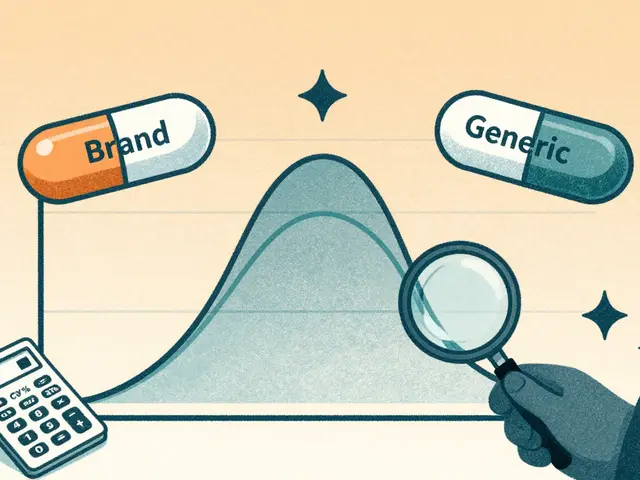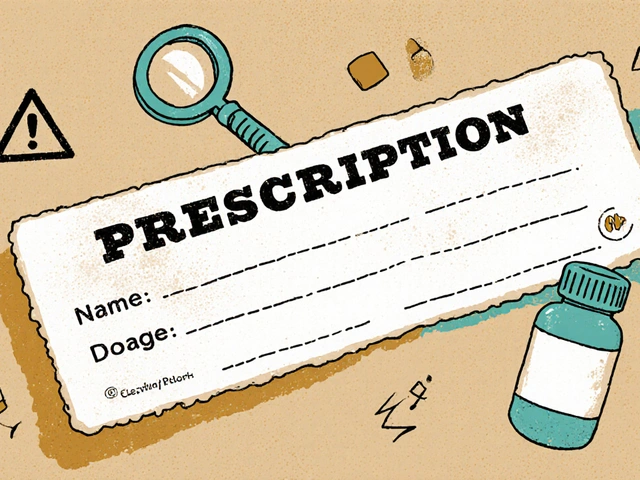Bulimia Nervosa — spot the signs, reduce harm, get real help
Bulimia nervosa is more than occasional overeating. People with bulimia have repeated binge-eating episodes followed by behaviours to avoid weight gain — like vomiting, laxative use, fasting, or excessive exercise. That pattern damages the body and mind. If you suspect this is happening to you or someone you care about, this page gives clear, practical steps you can use right away.
What to watch for
Look for these red flags: frequent large meals eaten fast in secret, visible dental erosion or sore throat from vomiting, fluctuating weight, swollen salivary glands, irregular periods, low mood or anxiety, and obsessive focus on food and body shape. People often feel shame and try to hide binges. If someone is unusually secretive after eating or disappears to the bathroom often, take note.
Medical problems can show up slowly. Repeated vomiting or laxative abuse causes electrolyte imbalance (low potassium or sodium). That can trigger muscle weakness, heart rhythm problems, fainting, or seizures. Untreated bulimia raises the risk of acid damage to the esophagus, chronic dehydration, and bowel issues. Early recognition cuts the chance of serious harm.
Getting help and treatment
If you feel unsafe — fainting, chest pain, fainting, severe stomach pain, or very low potassium — seek emergency care. For most people, effective treatment begins with a GP, mental health specialist, or eating-disorder clinic. Cognitive behavioural therapy (CBT) tailored for bulimia is the most studied option and helps stop binge/purge cycles by changing thinking and habits around food. Interpersonal therapy and guided self-help can also help.
Medications can support recovery. Fluoxetine (an SSRI) is approved in many places to reduce bingeing and purging when combined with therapy. Medicines alone aren’t a fix, but they can lower anxiety and obsessive thoughts while you work on habits in therapy.
Practical self-help moves you can try now: keep a simple food and mood diary to spot triggers, regularise meals (three balanced meals a day), avoid long fasts, and practice grounding or breathing when urges hit. Telling one trusted person about your struggles reduces shame and makes support possible. Family-based approaches work well for adolescents.
When supporting someone else, focus on safety and connection. Say you’re worried about their health, avoid blaming, and offer to help find a clinician or go to appointments. Don’t promise to keep dangerous behaviours secret.
Recovery usually takes time and isn’t linear. Expect setbacks but focus on small wins — fewer purges, steadier meals, better sleep, more honest talk about feelings. Professional care plus steady practical changes give most people a real chance to recover and protect their health.
If you want, use the search on this site to find articles about medications, therapy types, or how families can support someone with bulimia nervosa. You don’t have to figure this out alone.









